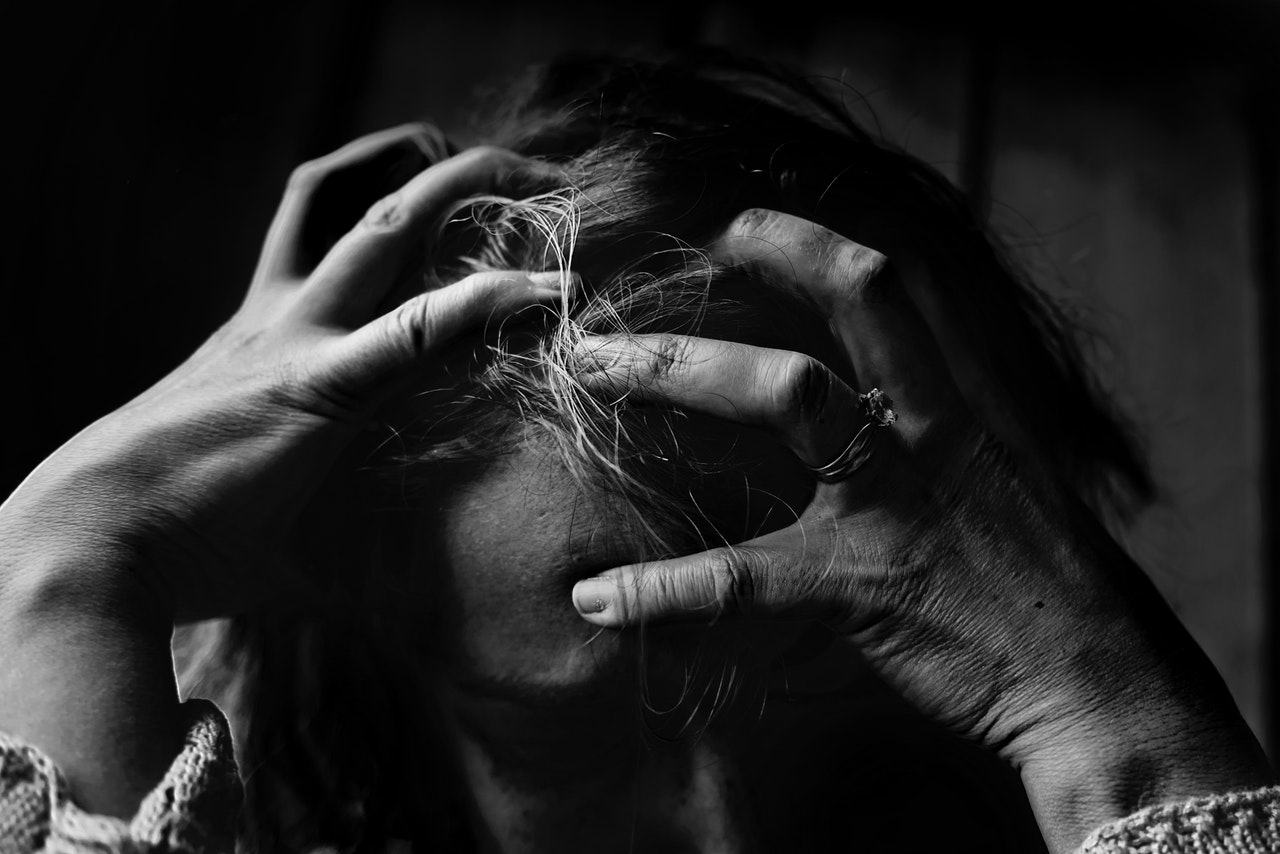Did you know there is a relationship between depression, stress, and hair loss? It’s true! In this blog post, we will explore that relationship in depth. We will look at how stress can cause hair loss and discuss ways to manage stress and keep your hair healthy. We will also look at the role of depression in hair loss and provide tips for managing depression.
How Depression Can Cause Hair Loss
Depression is a severe mental illness that can profoundly affect every aspect of a person’s life. It is not surprising, then, that depression can also cause hair loss.
Depression can cause physical and emotional changes, leading to hair loss. Physical changes associated with depression include increased levels of the stress hormone cortisol, which can lead to hair loss. Emotional changes related to depression include low self-esteem and poor body image, which can lead to psychological distress and anxiety, which are also linked to hair loss.
While it is not clear exactly how or why depression leads to hair loss, it is clear that the two are closely linked. Therefore, if you are experiencing hair loss and think you may be depressed, you must speak to a doctor or mental health professional. Treatment for depression can help relieve the symptoms of hair loss and may even help regrow lost hair.
While no one-size-fits-all solution to hair loss due to depression or stress exists, treatments can help before and after hair loss photos. If you think you may be depressed or stressed, talk to your doctor about your symptoms and treatment options.
Link Between Hair Loss and Depression
Depression and hair loss are closely related. Depression can lead to hair loss, and hair loss can lead to depression. Hair loss is a common symptom of depression, and it can profoundly affect a person’s self-esteem and quality of life.
Two main types of hair loss can be associated with depression: telogen effluvium and alopecia areata. Telogen effluvium is a type of temporary hair loss that usually occurs in response to a stressful event, such as illness, childbirth, or trauma. Alopecia areata is a more severe form of hair loss that can be permanently disabling. It typically begins with the sudden onset of patchy baldness followed by the failure of all scalp hair.
While the exact cause of alopecia areata is unknown, it is believed to be an autoimmune disorder in which the body’s immune system attacks the hair follicles. In addition, stress is thought to play a role in triggering this type of hair loss, but it is unclear how.
How to Manage Stress to Prevent Hair Loss
Stress can be a significant factor in hair loss. If you’re struggling with hair loss, it’s essential to reduce the stress in your life as much as possible. There are many ways to do this, including:
- Identify your stress sources and take steps to remove or reduce them.
- Exercise: Exercise is a great way to reduce stress. It releases endorphins, which have mood-boosting effects.
- Eating a healthy diet.
- Yoga: Yoga is another excellent way to reduce stress and promote relaxation.
- Meditation: Meditation can help you focus and clear your mind, which can help reduce stress levels.
- Deep breathing exercises: Deep breathing exercises can also help reduce stress and promote relaxation.
- Getting plenty of rest and sleep
If you’re struggling with hair loss, try implementing some of these stress-reducing techniques into your daily routine. You may find that it dramatically affects your hair loss and overall health.
In conclusion, hair loss can be caused by depression and stress. If you are experiencing hair loss, you must speak to a doctor or mental health professional to discuss treatment options. You can also make many lifestyle changes to reduce stress and promote relaxation, which may help prevent hair loss.
Thanks for reading and y’all stay dandy.
-Diego
Follow me on Instagram and Pinterest for more menswear inspiration.
(Some of these links may contain affiliate links, so that means if you click and buy something, I get a cut. It helps keep the site going! Full Disclosure)
